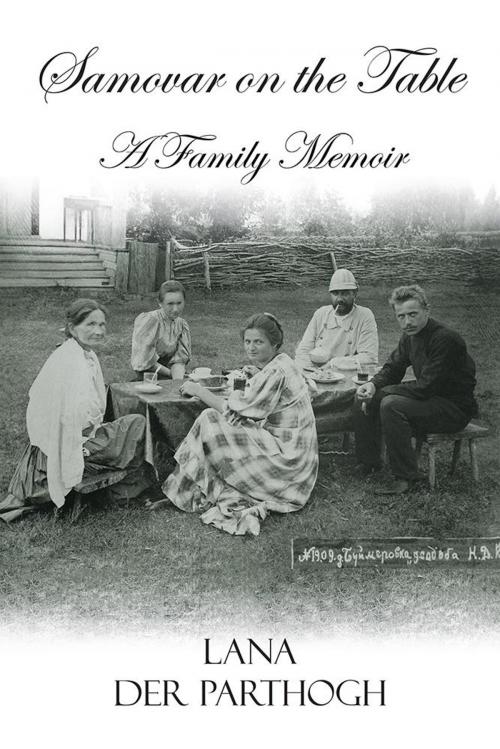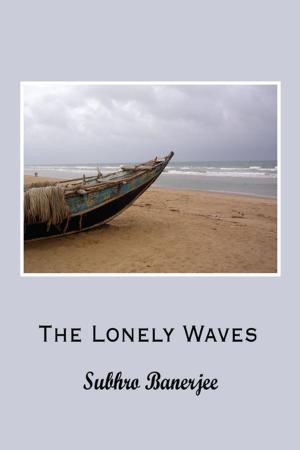| Author: | Lana der Parthogh | ISBN: | 9781524634841 |
| Publisher: | AuthorHouse UK | Publication: | November 16, 2016 |
| Imprint: | AuthorHouse UK | Language: | English |
| Author: | Lana der Parthogh |
| ISBN: | 9781524634841 |
| Publisher: | AuthorHouse UK |
| Publication: | November 16, 2016 |
| Imprint: | AuthorHouse UK |
| Language: | English |
In the spring of 1920, three ships steamed into the port of Famagusta in the British colony of Cyprus with sick and wounded officers and men of the White Russian army, together with their families and other civilians fleeing the victorious Bolsheviks at the end of the Civil War, which had raged through the country after the 1917 Russian Revolution. Britain had offered transport and temporary sanctuary in its nearest territory. 1,546 desperate men, women, and children from two of the ships were housed in a WWI Turkish prisoner-of-war camp to wait for other countries to offer asylum; the other ship sailed on to Egypt and another camp. In Cyprus, some died and some moved on, but a group of about seventy saw opportunities for a new life on the island. They formed the core of a Russian community which attracted other migrs over the decades but whose story is largely unknown or forgotten, even on the island. One of them was the authors grandfather. The author has tracked down official documents and historical sources and interwoven them with her own notes and diaries to tell her personal and human account of a Russian family in Cyprus, through three generations and fifty years of dramatic events.
In the spring of 1920, three ships steamed into the port of Famagusta in the British colony of Cyprus with sick and wounded officers and men of the White Russian army, together with their families and other civilians fleeing the victorious Bolsheviks at the end of the Civil War, which had raged through the country after the 1917 Russian Revolution. Britain had offered transport and temporary sanctuary in its nearest territory. 1,546 desperate men, women, and children from two of the ships were housed in a WWI Turkish prisoner-of-war camp to wait for other countries to offer asylum; the other ship sailed on to Egypt and another camp. In Cyprus, some died and some moved on, but a group of about seventy saw opportunities for a new life on the island. They formed the core of a Russian community which attracted other migrs over the decades but whose story is largely unknown or forgotten, even on the island. One of them was the authors grandfather. The author has tracked down official documents and historical sources and interwoven them with her own notes and diaries to tell her personal and human account of a Russian family in Cyprus, through three generations and fifty years of dramatic events.















